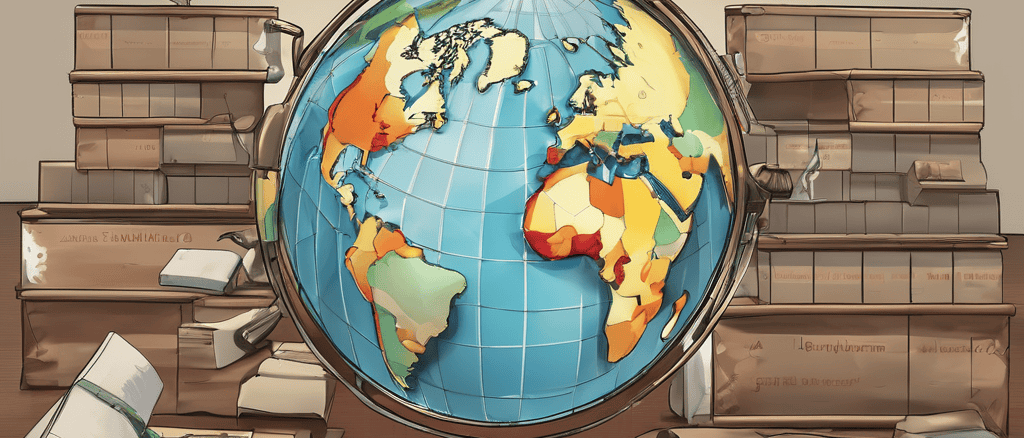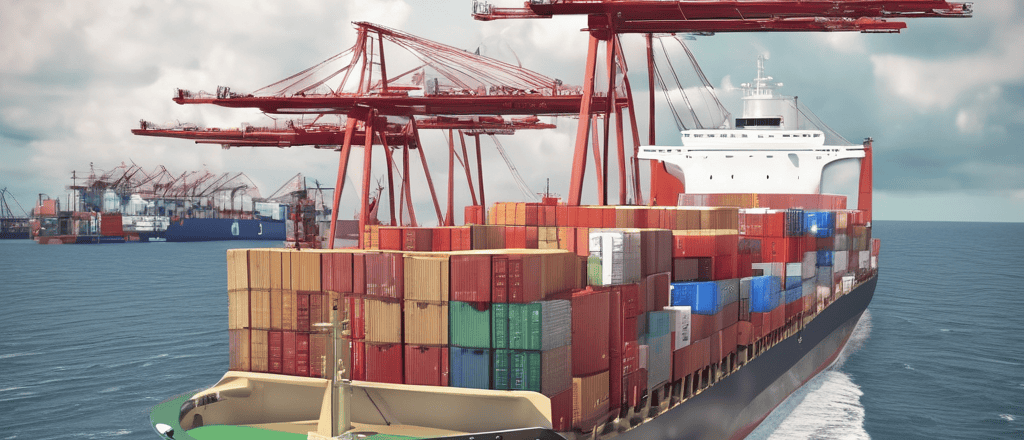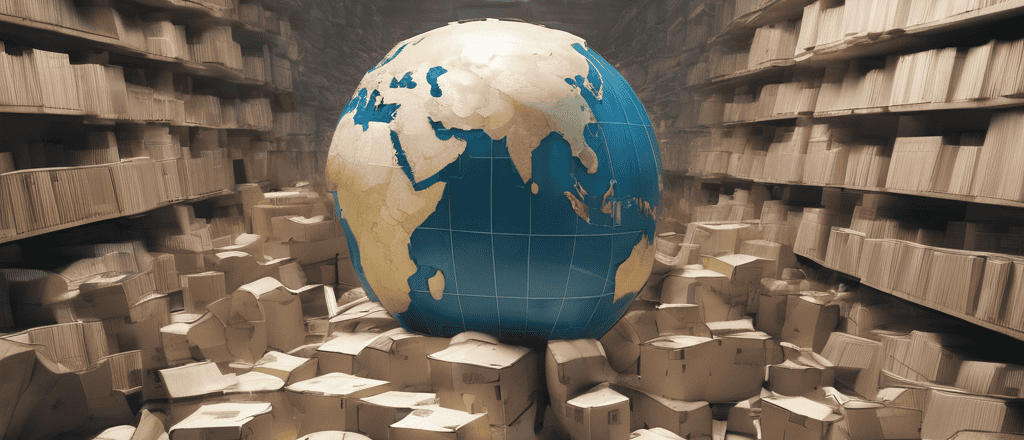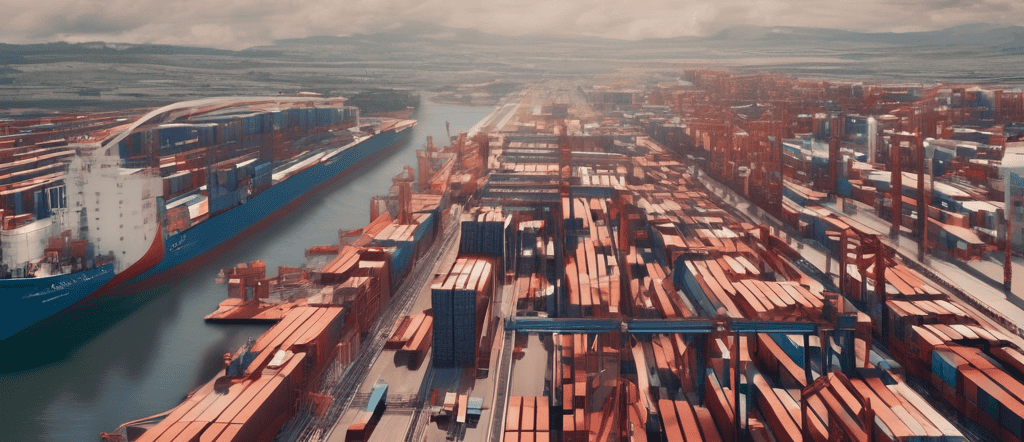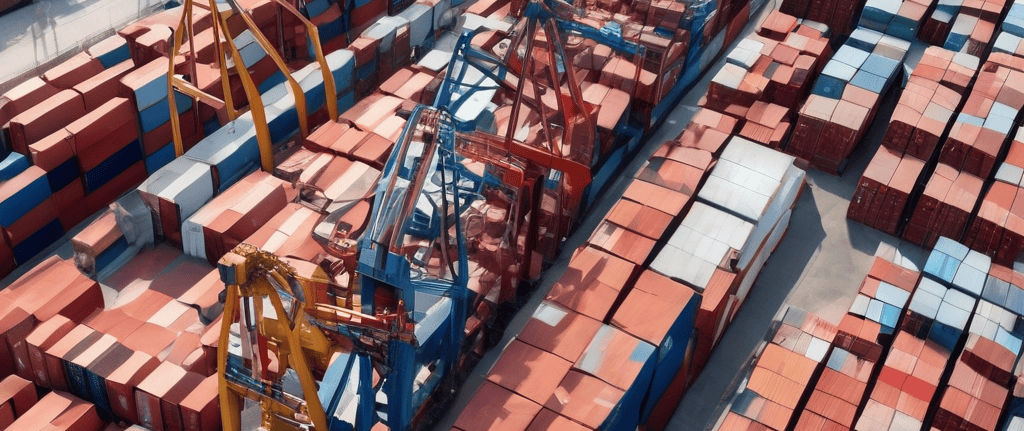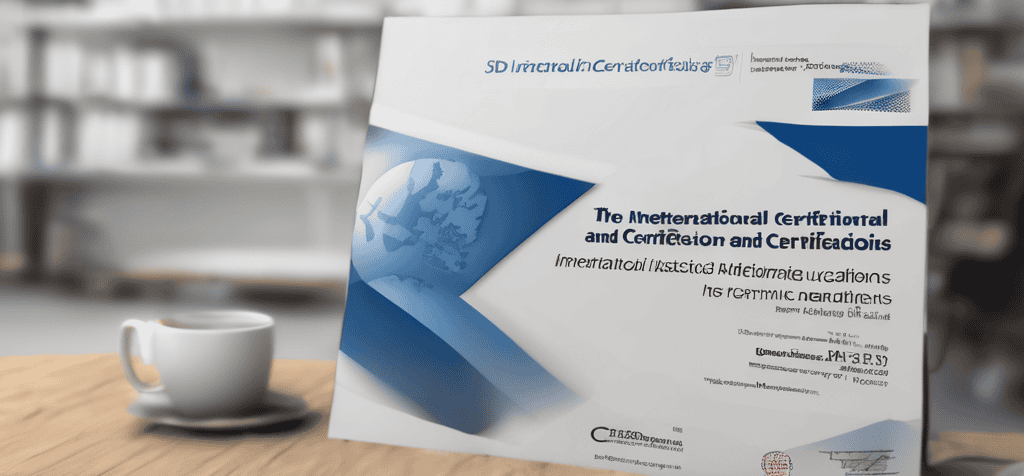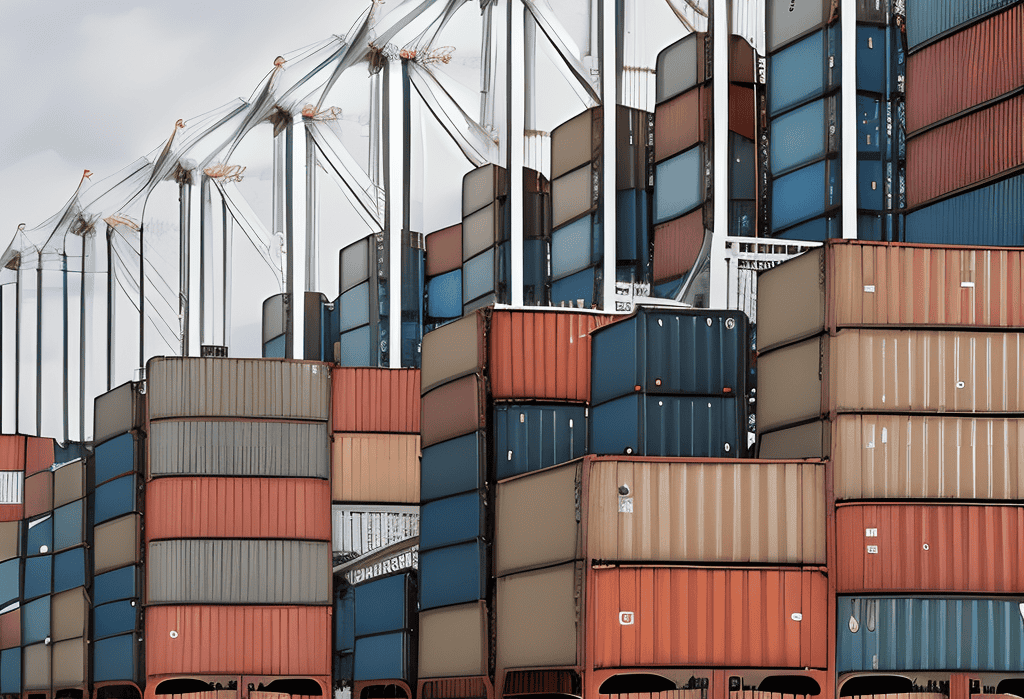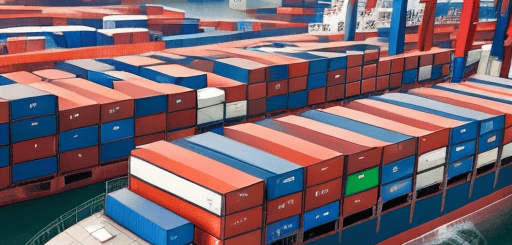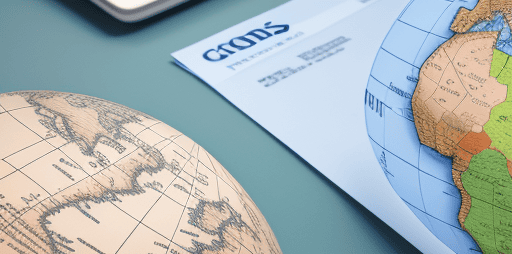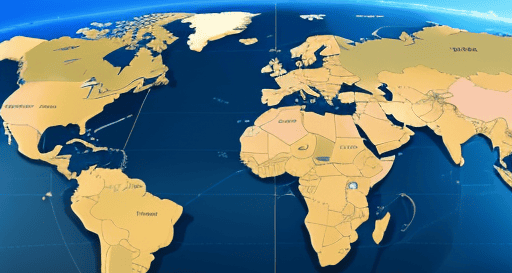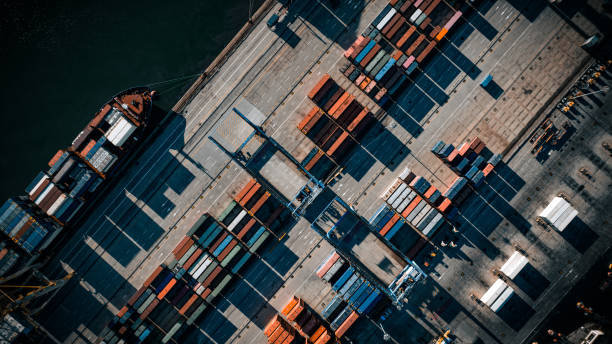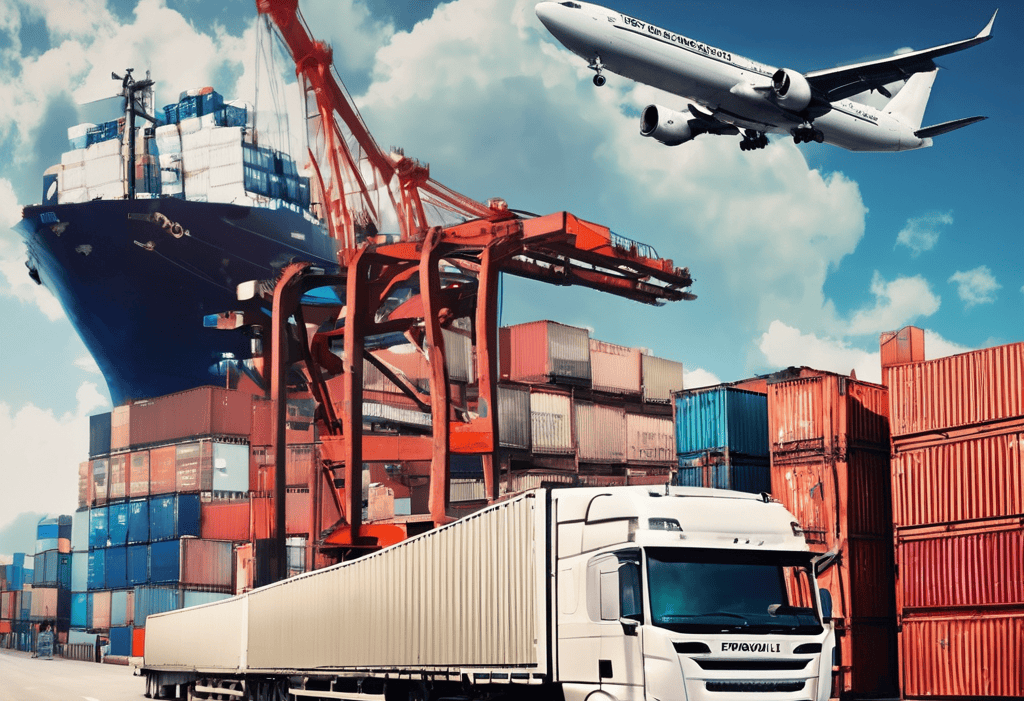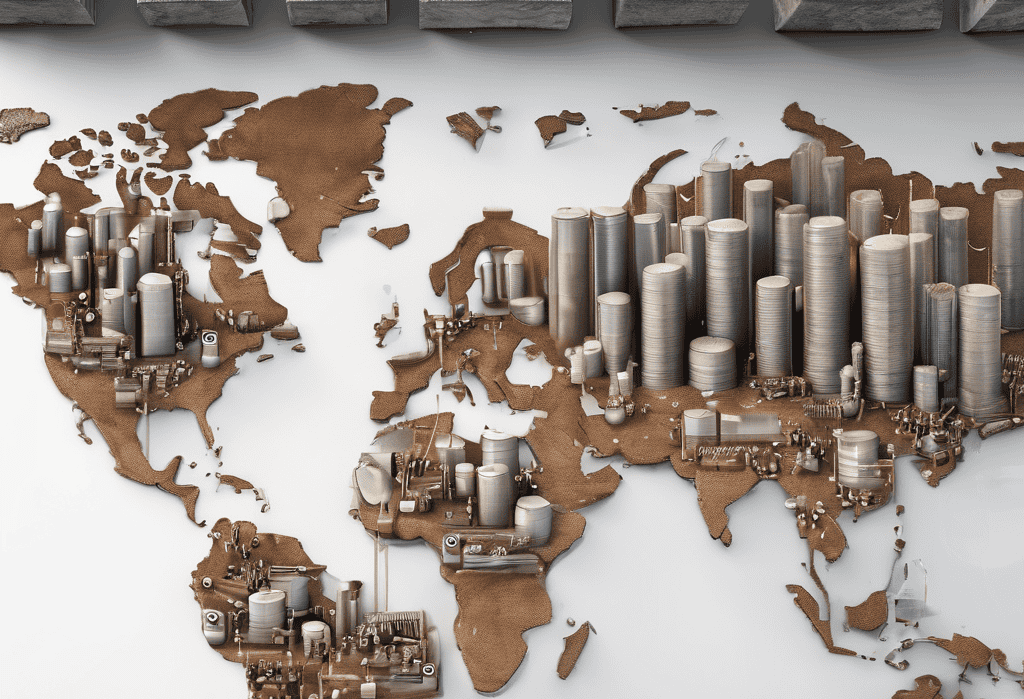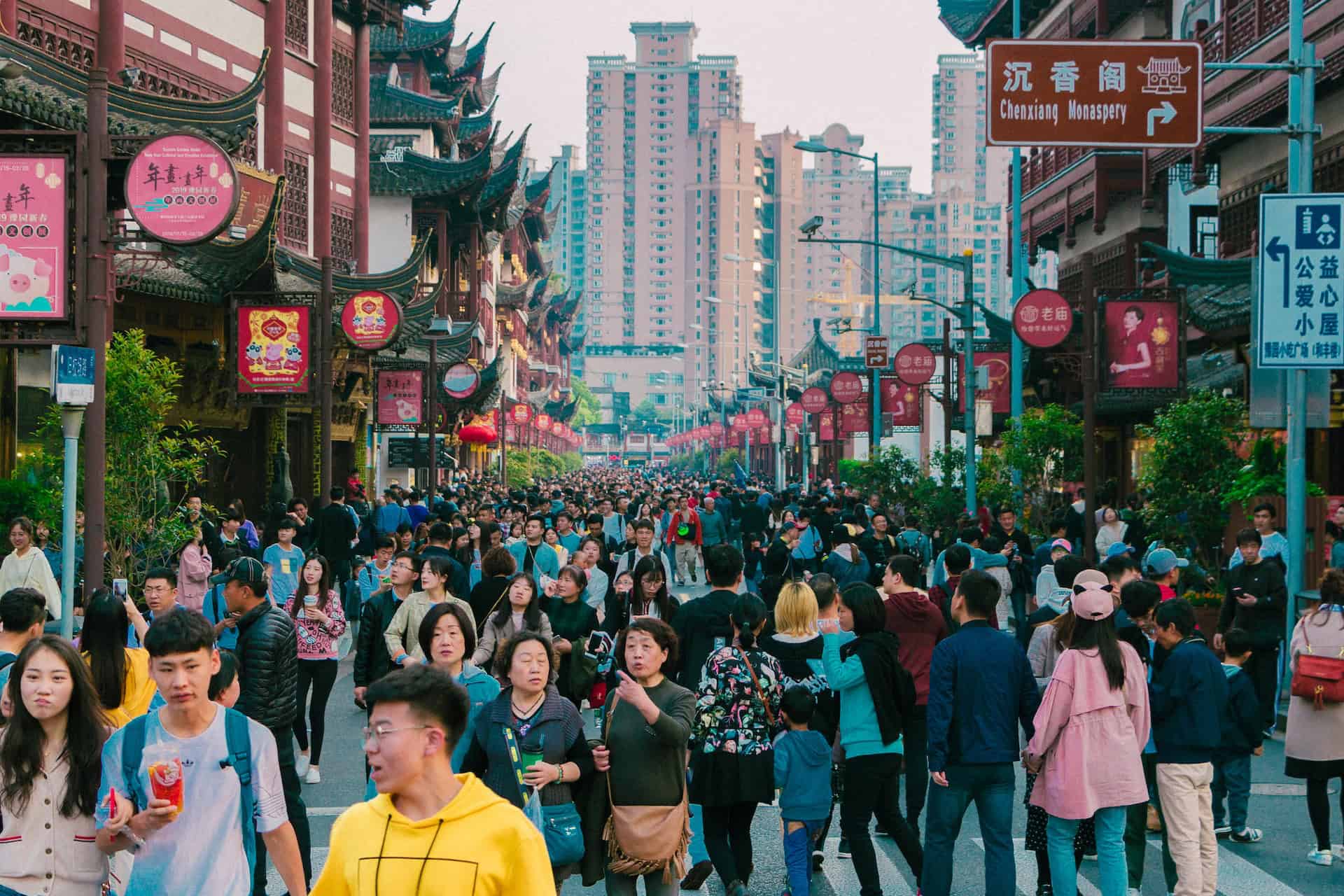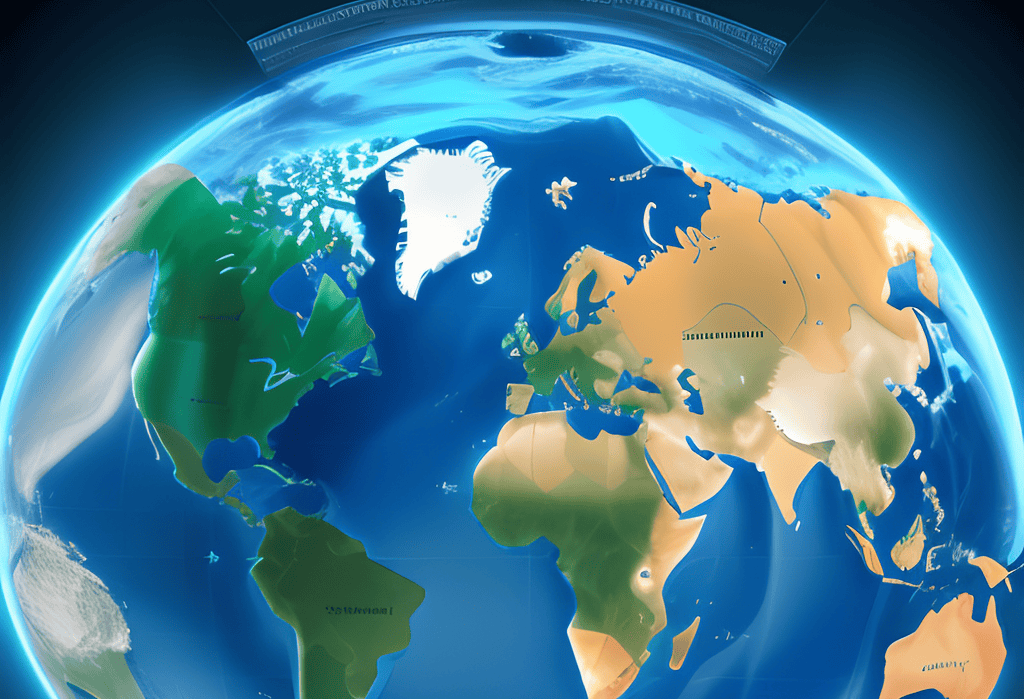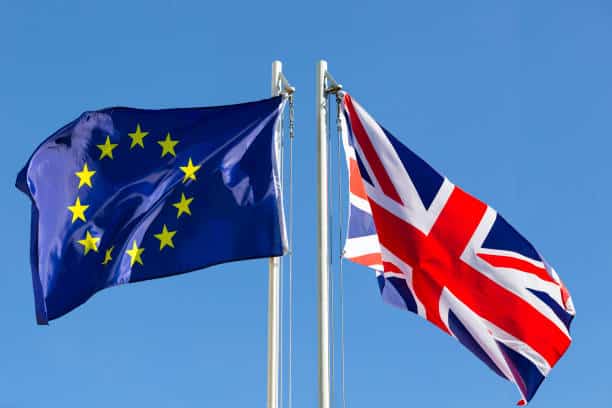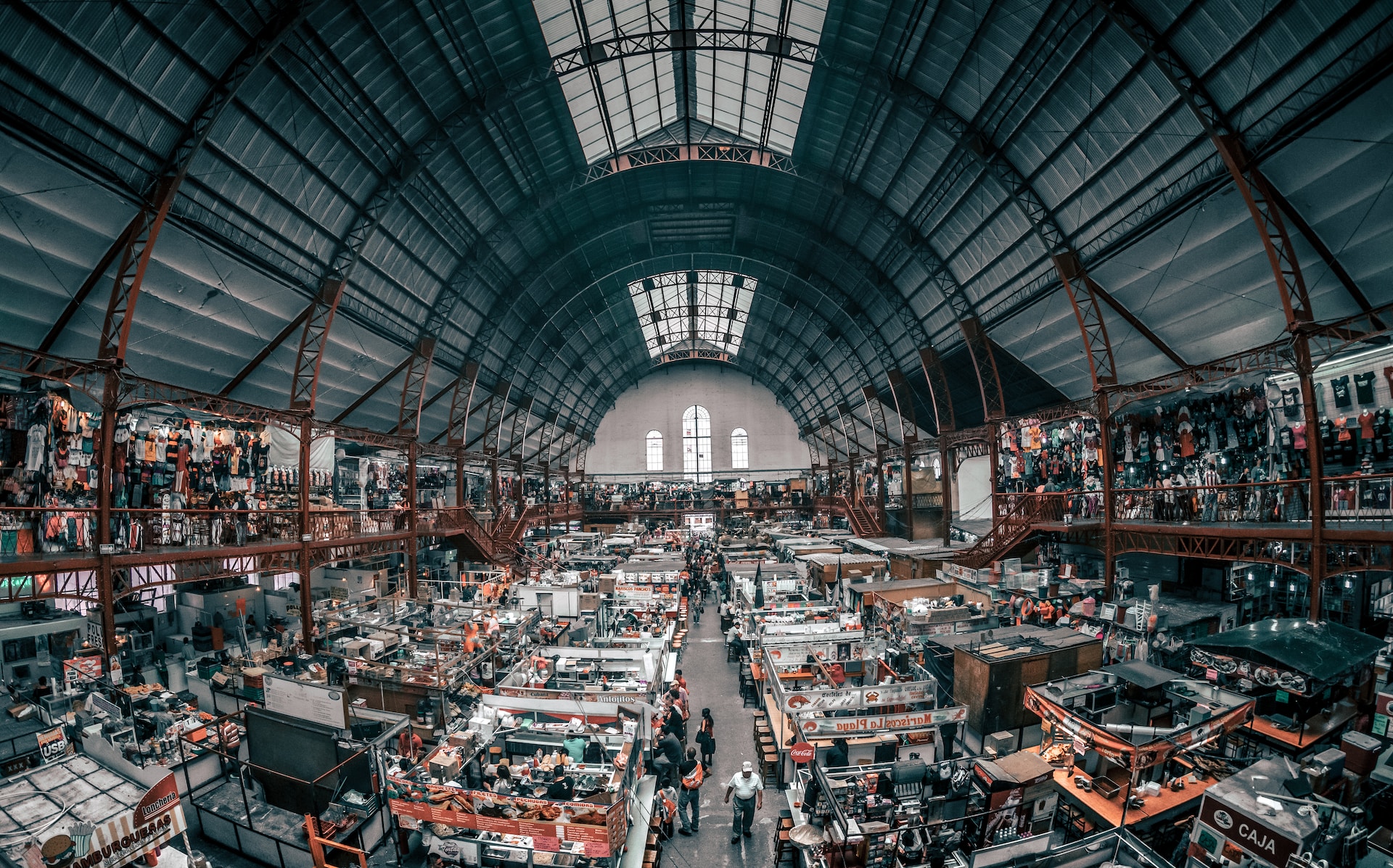The World Trade Organization plays a vital role in shaping and regulating international trade. Through its efforts in trade liberalization, establishing a rules-based system, facilitating negotiations, providing technical assistance, and monitoring trade trends, the WTO contributes to a more open, fair, and predictable global trading environment. As global trade continues to evolve, the WTO's role remains essential in fostering cooperation, resolving disputes, and promoting sustainable economic development.
Facilitating Trade Liberalization
The primary objective of the WTO is to promote and facilitate the liberalization of international trade. Through negotiations and agreements, the WTO seeks to reduce trade barriers, such as tariffs, quotas, and discriminatory practices, to create a level playing field for all member nations. By lowering barriers to trade, the WTO aims to enhance market access and stimulate economic growth.
According to the WTO's World Trade Statistical Review 2021, the average applied tariff rate among WTO members decreased from 16.7% in 1995 to 7.5% in 2020, demonstrating the organization's efforts in trade liberalization.
Rules-Based Trading System
The WTO establishes a rules-based trading system to ensure fair and predictable conditions for international trade. It develops and enforces a set of trade rules that govern various aspects of trade, including goods, services, intellectual property, and investment. These rules provide a framework for member nations to resolve trade disputes and prevent discriminatory practices.
The WTO's Dispute Settlement Body (DSB) is responsible for resolving trade disputes among member countries. Since its establishment, the DSB has adjudicated over 600 disputes, promoting stability and transparency in international trade.
Trade Negotiations and Agreements
The WTO conducts trade negotiations among member nations with the goal of liberalizing trade further. These negotiations occur through rounds of discussions, such as the Uruguay Round and the Doha Development Agenda. Negotiations cover a wide range of issues, including market access, agriculture, services, and intellectual property rights.
Successful negotiations have resulted in significant trade agreements, such as the Trade Facilitation Agreement (TFA). The TFA, which entered into force in 2017, aims to simplify and expedite customs procedures, reducing trade costs and enhancing efficiency.
Technical Assistance and Capacity Building
The WTO provides technical assistance and capacity building to developing and least-developed countries to help them participate effectively in international trade. It offers training programs, workshops, and advisory services to enhance their understanding of trade rules, improve trade infrastructure, and build institutional capacity.
Through its Enhanced Integrated Framework (EIF), the WTO supports the integration of least-developed countries into the global trading system. The EIF helps these countries identify trade-related priorities and provides assistance to overcome obstacles in trade development.
Monitoring and Reporting
The WTO monitors and reports on international trade trends, policies, and developments, providing valuable insights into global trade patterns. It produces regular publications, such as the World Trade Statistical Review and the World Trade Report, which analyze trade statistics, emerging trends, and policy issues.
By monitoring trade developments, the WTO helps member nations make informed decisions, identify challenges, and assess the impact of trade policies on global markets.
Read more views






















